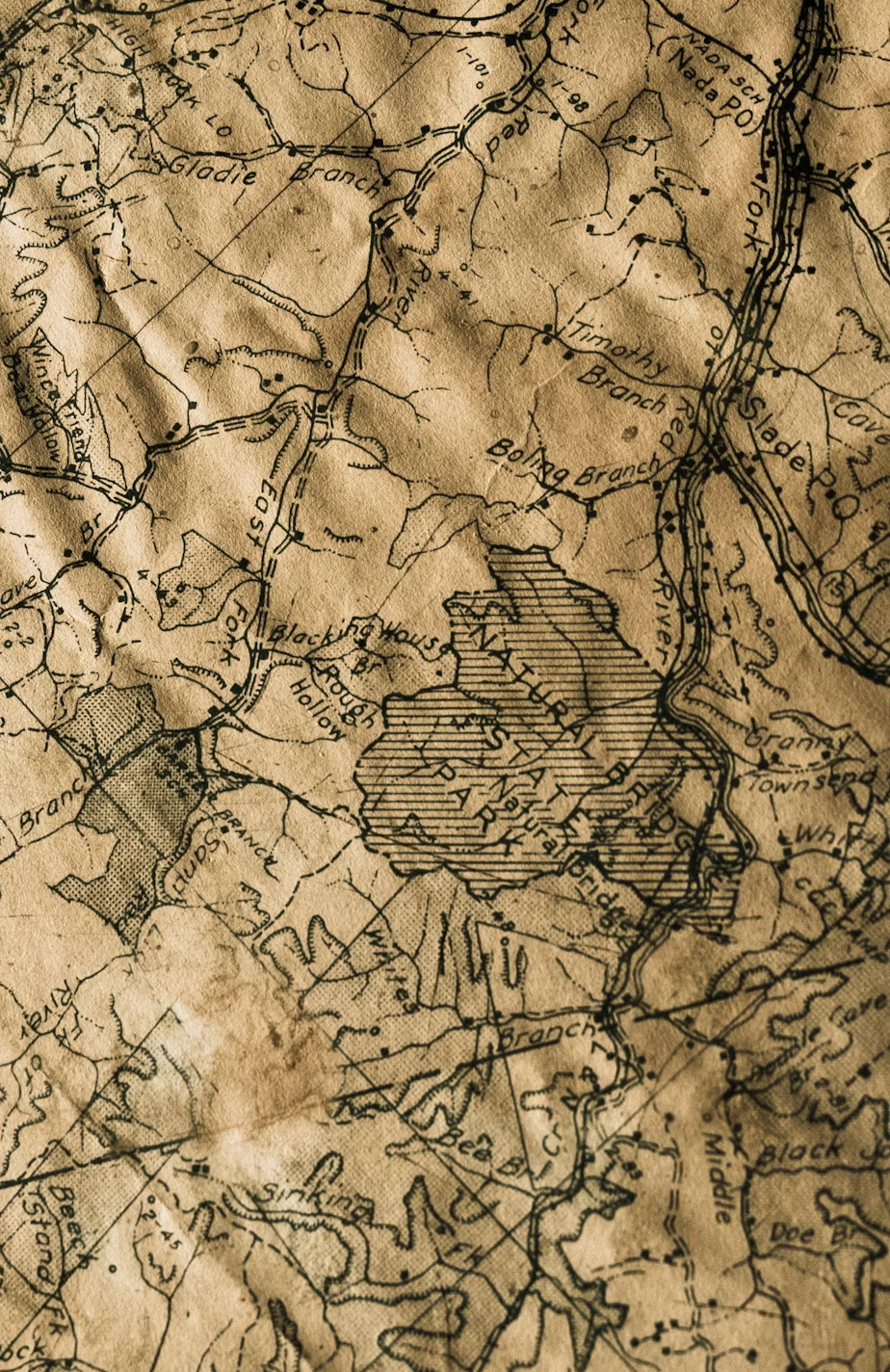My friend with the brain tumor—a grisly glioma
Surgeons can’t get to the bottom of—that on one side
Of his head presses transmitters on the other, hears
A constant, streaming waterwheel of voices and music,
Slopping pails drawn up from who knows where
Each of us has reservoired it all—the dreamhorde,
The broadcasts, bunny hops, back seat schmoozing,
Nixon’s re-election bid, Little Richard’s “Tutti Frutti,”
Cheap café tunes with dummy lyrics, traffic reports,
Mr.-and-Mrs. spats, hood riffs, Eri tu, NPR interviews,
Shoes falling, refrigerators humming, a rabbi’s
Fingernail scratching a Torah, firemen yelling
At Glenn Gould, doubleheaders and their announcers,
A girl skipping rope, the Latin mass with dulcimers…
The growth’s remote control relentlessly surfing
What he must once have overheard and can’t wash out—
Auditory seizures like lightning we marvel at
Until we are struck. A life played back would be
Memory at its best, or most compulsive, but so
Exhausting without order, and half of it seems
Not yours at all but dropped from someone else’s
Electronic cloud, a clamoring of anonymous, annoying ghosts
Around the bowl of blood. My helpless friend,
What would you not give now to lose the clutter in your head?
Yet from such churning chaos once was plucked
It may be that in all her phrases stirred
The grinding water and the gasping wind;
But it was she and not the sea we heard,
Sounds so sudden, so still in their insistence
On a sense of powers more articulate even
Than what is demanded of us—to survive, to bear
A sullen witness, to listen and only understand
The when of this adage or the why of that song, to be
A girl walking the water’s edge, walking out
Until it is over her head in drifts of whisperings.
The implacable noises come so fast—
Life and death, wave after wave—
You think it is yourself you want to save,
But in the end, it is merely the past.
J. D. McClatchy is the author of eight collections of poetry. His most recent book is Sweet Theft: A Poet’s Commonplace Book. His translation of The Barber of Seville was performed at The Metropolitan Opera last year, and his version of The Magic Flute will be performed there this coming holiday season. He teaches at Yale, where he also serves as editor of The Yale Review.




